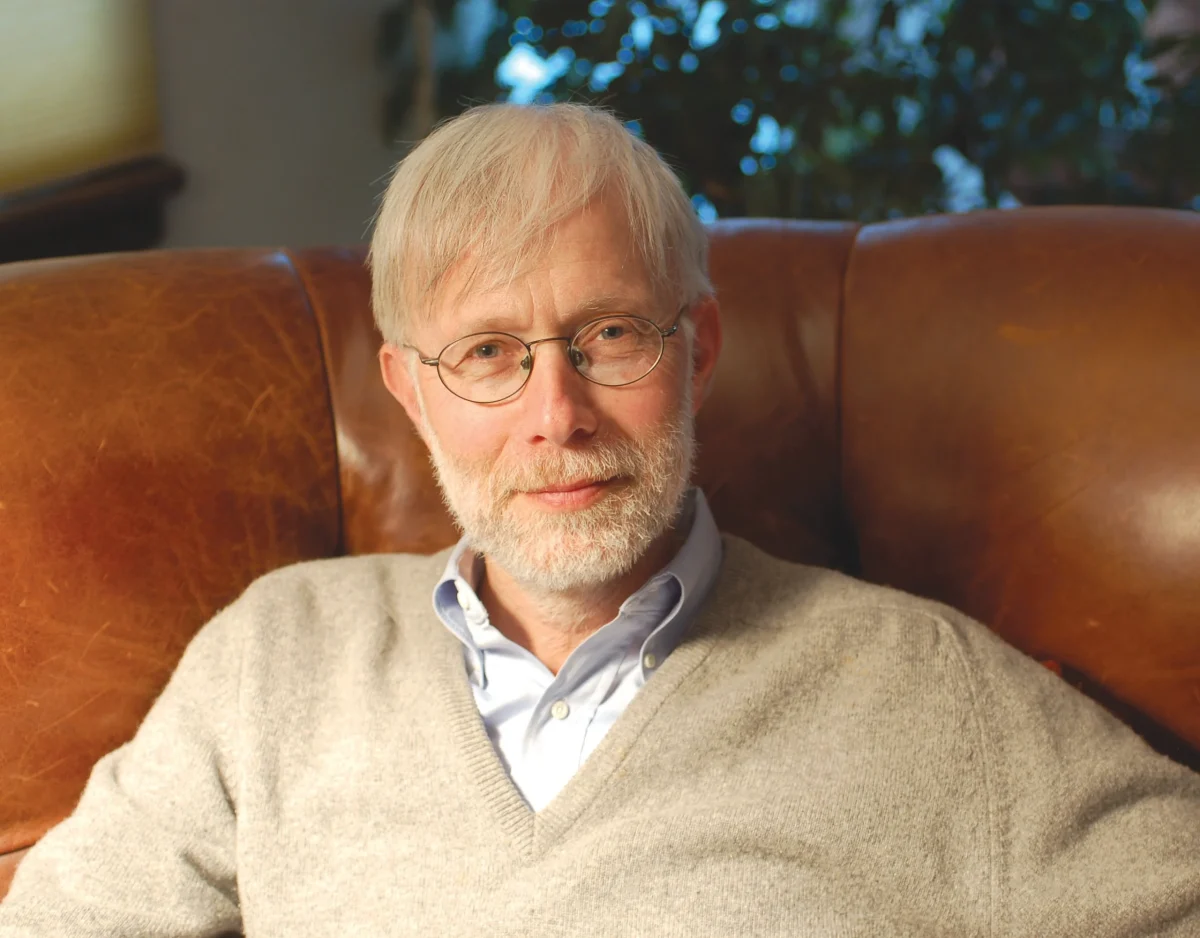On May 17, Oberlin changed the school’s Honor Code Charter to include the use of artificial intelligence as a punishable offense under the cheating section of the Code. The Honor Code Charter is reviewed by the Honor Committee every three years.
The amended Charter prohibits the use of “artificial intelligence software or other related programs to create or assist with assignments on the behalf of a student unless otherwise specified by the faculty member and/or the Office of Disability & Access.”
The decision comes in the wake of questions surrounding the threat to academic integrity posed by generative AI chatbots, such as OpenAI’s ChatGPT.
AI cases could have been pursued under the old Charter, Associate Dean of Students Thom Julian said, and the new clause simply acts as a clarification rather than a change in policy.
“The school felt it necessary to add to the Honor Code,” Julian said. “We started to see issues come up within the classroom last year, and … [at] a lot of our peer institutions, I saw that they were also having some similar issues. We just wanted to be able to provide really clear guidance around it, not just for faculty, but for students, so everyone has clear expectations within the classroom.”
The Student Honor Committee and liaison made most of the edits, according to College second-year Kash Radocha, a member and panelist of the SHC. The proposed changes were then reviewed by peer institutions, and a legal review was conducted. After it attained approval from the SHC, it was also approved by the Faculty Honor Committee and General Faculty Council. The new changes came into effect for the fall 2023 semester after going through the Student Senate and the General Faculty.
The addition of AI is only one of the changes that were made to the Charter. Another revision allows both claimants and respondents to appeal decisions, unlike the earlier system where only respondents were allowed to. Additionally, if a student is found not guilty by SHC, the faculty member is recommended to grade the assignment in accordance to its merit and note the reported violation. The College has also increased the maximum number of SHC seats from 15 to 20 and changed the process of removal of a member.
“The amendment of the Charter was a highly collaborative process,” Radocha said. “The process for amending the Honor Code Charter is not a light one, and multiple checks and balances are in place to ensure the changes are valid and widely accepted.”
Professors have also had to grapple with the consequences of their students’ knowledge of AI. Assistant Professor of Philosophy Amy Berg, who teaches a class on Ethics and Technology, said that when she taught the class in the spring of 2023, her students were already familiar with large language models, such as ChatGPT. However, since ChatGPT had only been released a few months prior to that class’s start, she had not been able to add much to the curriculum.
“[T]he academic or philosophical or ethical work on ChatGPT just has not caught up to its use,” she said. “So, I know when I teach the class next time, I’ll have to spend a lot more time on AI and, specifically, on whatever forms of AI are current at the time.”
Some members of the faculty have begun to add ChatGPT to their curriculums in creative ways to allow students to understand what its capabilities are. One example is Assistant Professor of Politics Joshua Freedman, who spoke about a ChatGPT assignment he gave to students in spring 2023.
“I thought that for both my own sake and the students’ that we should use it to figure out what it’s capable of,” Freedman said. “And so, I had … students ask ChatGPT a question of relevance to the course … and then, in a series of … follow-up questions, I had them dig deeper and deeper, keep pushing the AI to give them the best possible answer. To see … how well does this large language model answer the questions that we’re trying to answer in this course.”
Professor Freedman said that he likes the idea of a default ban while giving faculty the power to allow the use of AI for certain assignments. While Professor Berg has not yet changed the structure of her assignments to include ChatGPT, she does think that the way classes are conducted will change.
“I would expect that many professors, maybe me included, will move to oral assignments, in-class assignments, more in-class writing, less done out of class, because we’re concerned that, for various reasons, people will take shortcuts,” Professor Berg said. “I think, also, some professors … will look for ways to integrate ChatGPT into the writing or thinking process, and there are good reasons to do that, too.”
According to Radocha, the addition to the Honor Charter allows the school to better plan for the future of AI.
“It is a precautionary measure for us to include it within the Charter now, so that by the time we review it again in 2026, we can amend the current AI clause based on how we have experienced it via cases in that timespan of three years,” Radocha said.








